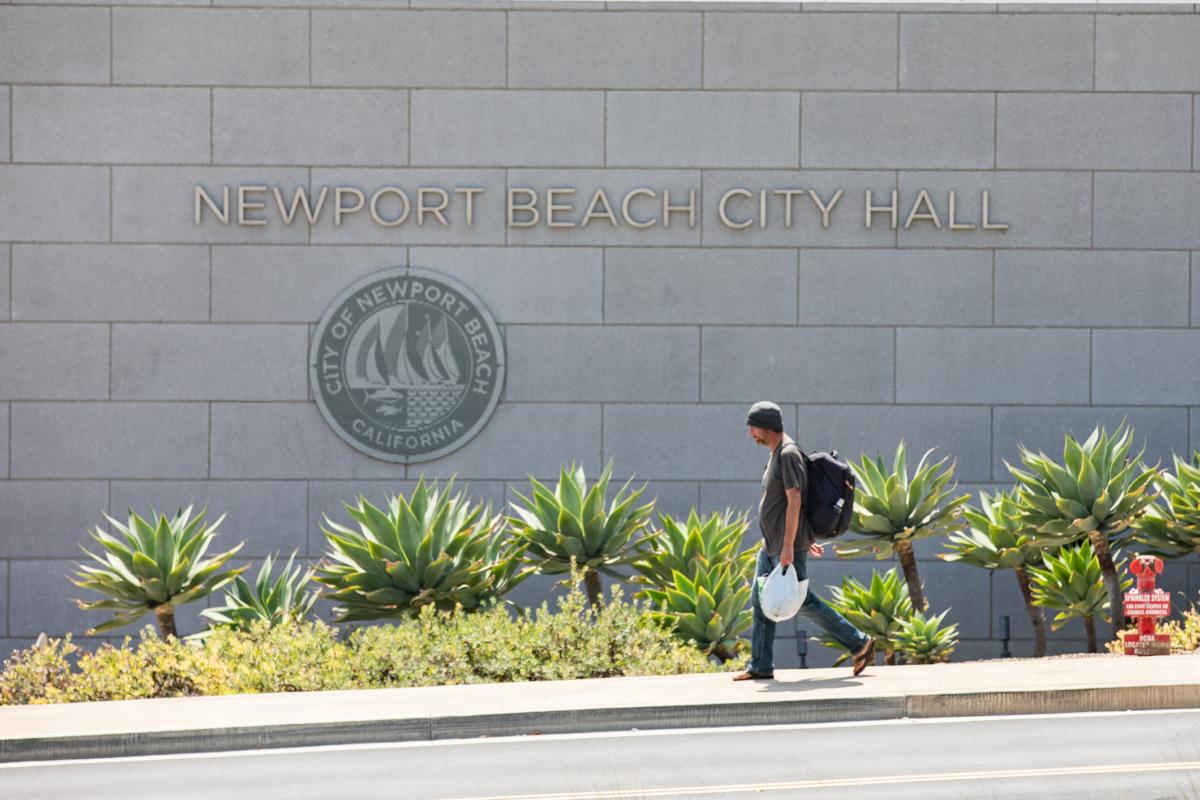An Orange County Grand Jury published a report (pdf) in June raising concerns about the impact of group homes, including sober living homes, in the Southern California county and recommended cities come together to better regulate the homes.
The jurors said cities should develop a model ordinance and pool resources together to defend against potential lawsuits surrounding the operation of the homes.
Since 2008, Newport Beach has racked up nearly $10 million in litigation costs related to a lawsuit over its sober living home regulations, and Costa Mesa has spent over $10 million in litigation due to a similar ordinance passed in 2015, according to the 42-page report titled “Welcome to the Neighborhood: Are cities responsibly managing the integration of group homes?”
Unlike most other group homes for people with disabilities, sober living homes for persons in addiction recovery are not required to be licensed and are not limited to six residents, according to the report. There are also no limitations on how many are allowed in a city.
Residents have complained that the homes have created nuisances in their neighborhoods such as increased street parking, secondhand smoking, and other more serious issues such as patients relapsing, vomiting in driveways, and “curbing”—when a patient’s insurance or payment method runs out and they’re evicted, adding to the homeless population.
According to jurors, cities have been hesitant to address such homes, fearing legal battles that could ensue from the highly profitable industry. The report cites research from John LaRosa at MarketResearch.com in 2020 that shows the group home market generates $42 billion per year, while many operators illegally engage in overbilling, patient brokering, and deceptive marketing.
According to the report, cities should work together more cohesively to address these important issues.
Newport Beach’s ordinance mandated certain requirements for sober living homes such as quiet hours, parking and smoking areas, and the approval of new unlicensed homes by the city. In 2009, three companies sued the city claiming it violated anti-discrimination and fair housing laws, and the case was eventually settled.

Newport Beach Civic Center in Newport Beach, Calif., on Aug. 25, 2021. (John Fredricks/The Epoch Times)
Costa Mesa was able to prevail in court against legal challenges for nearly 8 years before a court ruling in January 2023 in favor of two sober living homes that also claimed discrimination. The city is still in litigation.
The city’s ordinance requires a minimum distance of 650 feet between homes in residential neighborhoods, background screening of house managers, and requires a process for evicting residents.
According to jurors, Costa Mesa has been “front and center” in the legal battle over regulating the homes. After the city’s ordinance passed in 2015, other cities adopted similar rules, including Laguna Hills in 2015; San Clemente, Laguna Niguel, and San Juan Capistrano in 2016; Anaheim and Huntington Beach in 2020; Mission Viejo in 2022; and Buena Park earlier this year.
“Most of these entities, perhaps all, have chosen not to enforce their ordinances out of concern of potential litigation, and are waiting for Costa Mesa’s litigation to conclude,” the report reads.
Other reasons why cities haven’t been pushing for enforcement are because they lack needed staff and fear challenges from the state’s housing department, the report says.
Findings from the grand jury investigation also revealed that well-operated group homes can integrate smoothly into neighborhoods but shouldn’t be clustered close to each other causing over-concentration.
Jurors recommend Orange County cities and the County of Orange by July 2024 address citizen concerns through a panel format with experts to clearly explain challenges faced in tackling the issue.
Both the city and county should also by July 2024 better track sober living homes through utilizing code enforcement complaints to identify the homes, as well as pool resources to fend off potential lawsuits. A task force comprised of county and city representatives should also be formed to raise awareness with state legislatures and regulators for the need of regulations.
By December 2024, Orange County cities and the county should collaborate to come up with the model ordinance that could apply to all, according to the report.







